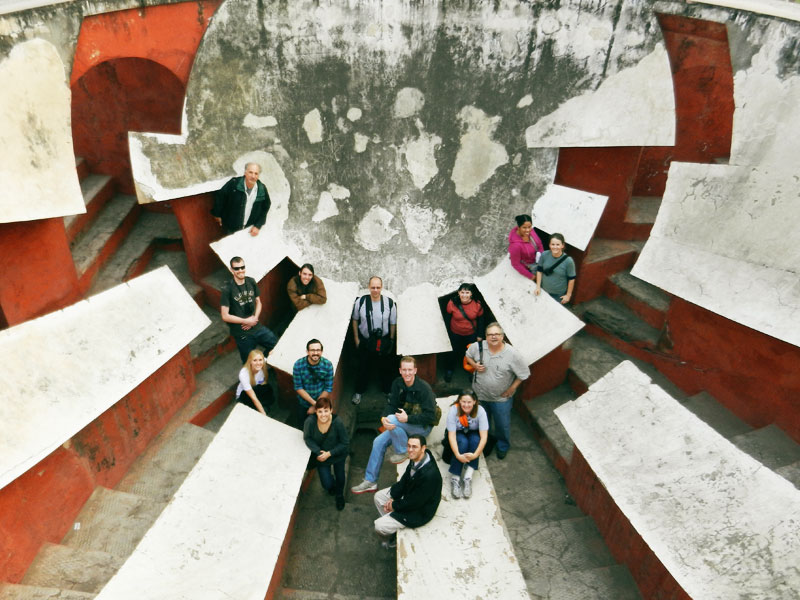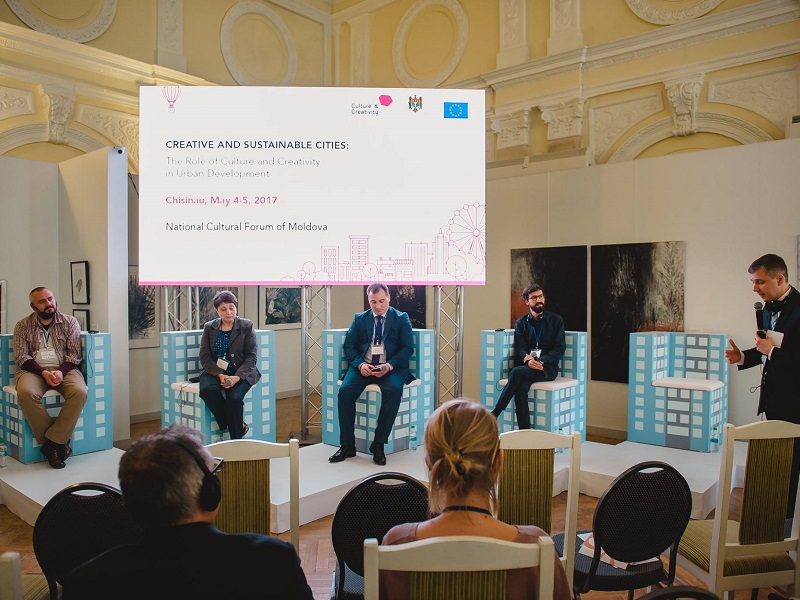
WHAT DO CULTURAL OBSERVATORIES DO?
The efficient cultural observatories go far beyond just observing and are real brain centres working for state agencies, local administrations, legislative bodies, scientific circles and many others. They are submitting proposals for grants and get an income from selling their products. Of course, in many ways their activities are shaped by the market.
To achieve their mission, the observatories do the following:
• collect relevant data and information, create collections of resources in in hard copies and digital form;
• process and analyse data, attract attention to important facts, identify trends, make conclusions and recommendations on cultural policy and solutions;
• do research work to obtain special data required for solving specific problems;
• members of observatories often act as individual experts, provide consultations, conduct monitoring, preparatory work, selection or editing of diverse projects;
• often play the role of an announcement board on cultural and other relevant events, such as conferences, new books and articles, political developments, tenders etc. for experts in this field;
• establish cultural indicators;
• take an active part in the educational process from one-day workshops to full-term training courses for culture managers and researchers.
For more details on these and other observatory activities please go to: http://goo.gl/Q7JXMu
We also recommend reading this:
What do cultural observatories observe?




